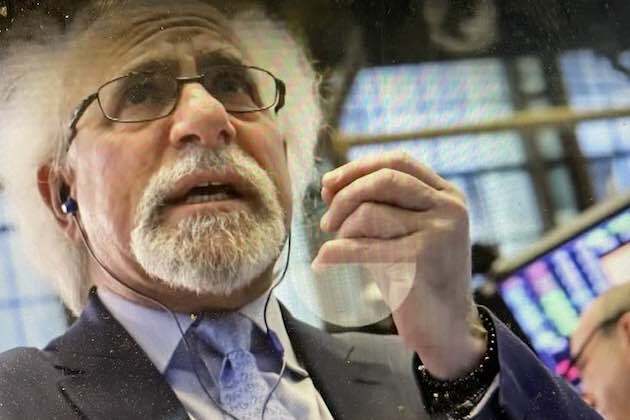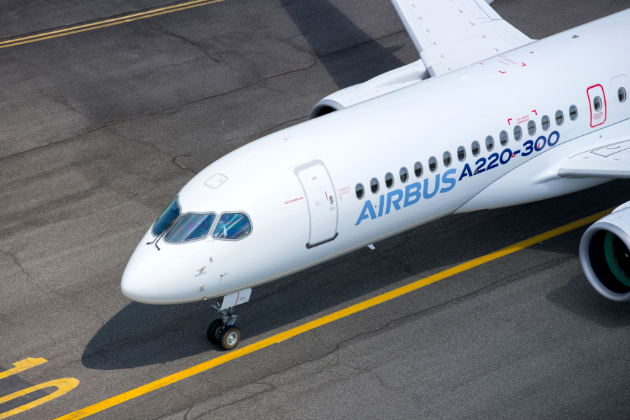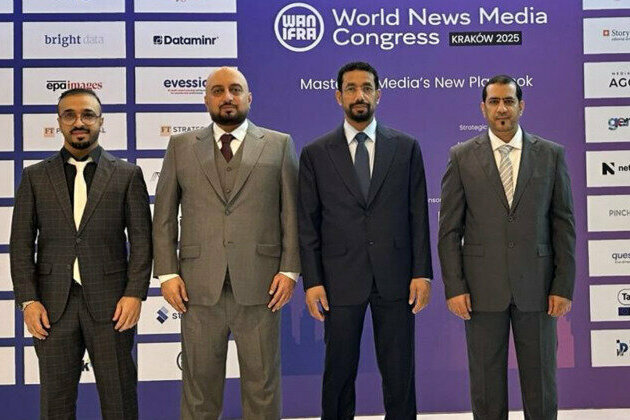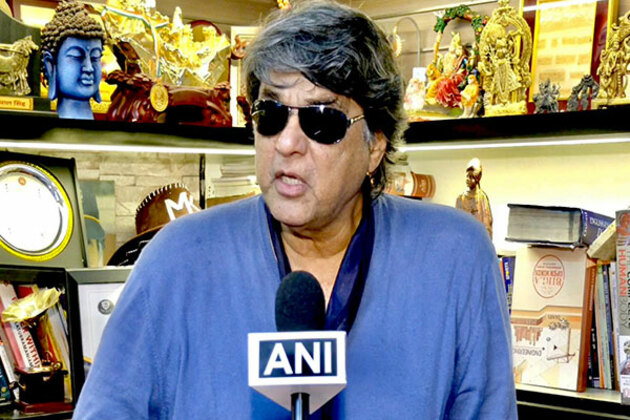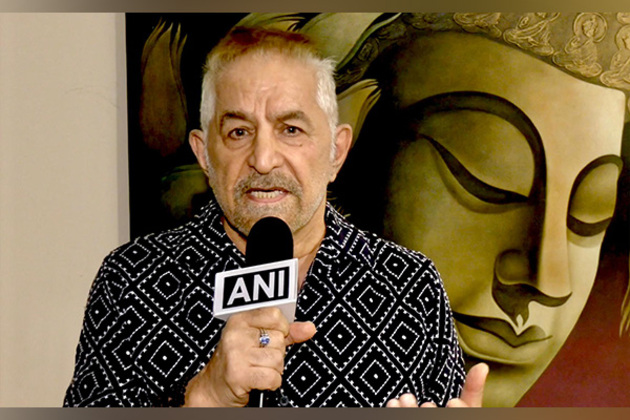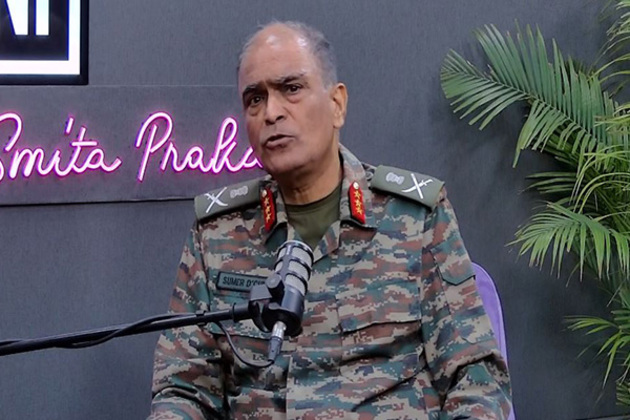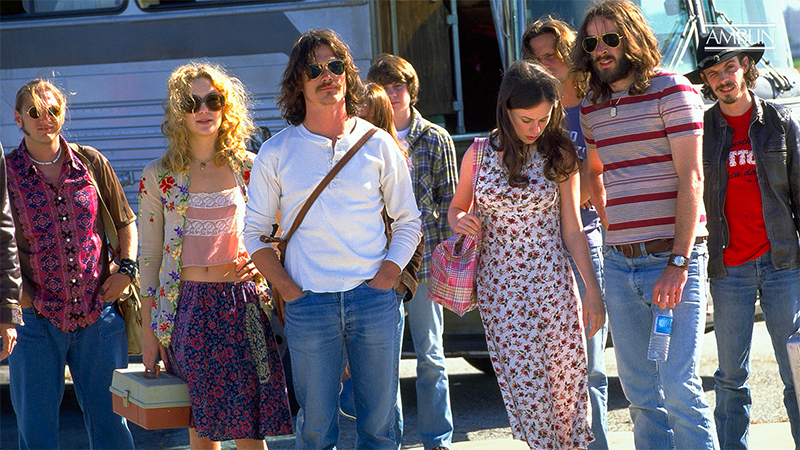A football World Cup every two years? An expert runs the numbers
The Conversation
17 Sep 2021, 16:11 GMT+10
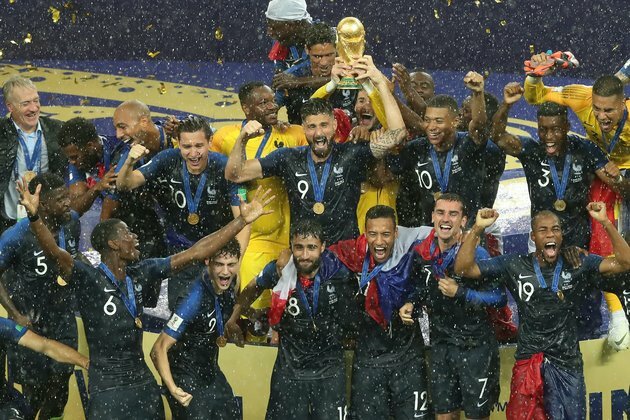
In May 2021, Fifa began exploring the idea of holding a men's football World Cup every two years instead of four. Further plans have since been unveiled, and the proposal, which originally came from Saudi Arabia, has received support from some international organisations.
Fifa's chief of global football development and former Arsenal manager Arsène Wenger says he is "100% convinced" it is the right way forward for the sport.
Others, including fan groups, have quickly called foul on the proposal. Uefa, responsible for governing football in Europe, has threatened a boycott, with its president Aleksander Ceferin commenting: "We can decide not to play in it ... So good luck with a World Cup like that."
Arguments in favour of the scheme include more frequent quality football entertainment and the chance to raise more funds for player development in poorer countries. Those against complain of a loss of novelty value and the need to look after the health of players.
But like most decisions taken in the world of business, be it banking or sport, this is not just about pros and cons. It is about financial benefits and costs.
For Fifa, the majority of its revenue comes from the broadcasting fees, licensing rights and ticket sales of the men's World Cup tournament, held every four years since 1930. In fact, there is a clear financial cycle in which losses accrue in three out of every four years. More World Cups could bring in more income.
So why aren't Uefa keen to do the same? Potentially, the change could lead to them hosting the Euros more frequently (also currently held every four years) and also benefiting from increased revenue.
The main difference is that Uefa simply is not as financially dependent on a single event. Instead, it has something Fifa does not have: more than one major event that generates money. These include the Champions League (men's and women's) and Europa League competitions.
Shared goals?
As a result, Uefa makes much more money than Fifa does. Over the last four years, UEFA's revenues, at US$12.5 billion (Pound 9.4 billion), were almost double those of Fifa, which brought in US$6.4 billion (Pound 4.6 billion).
It is also a much smoother revenue year-on-year, whereas Fifa is more dependent on a large boost every four years. Clearly, Fifa needs the men's World Cup more than Uefa needs the Euros.
In fact, the majority of Uefa's annual revenue comes from club competitions, which they would not be keen to disrupt. In 2016, (Euro 2020 figures are not yet available) Uefa generated €293 million (Pound 249 million) more from club competitions that year than it did from the international tournament.
So for Uefa, as well as for the European clubs that play in those club competitions, maintaining those revenues is more important from a financial standpoint. Both Uefa and Fifa are, after all, governing bodies looking after their members' needs - and plans for development and growth of the game at all levels costs money.
As for the clubs, there are potentially serious costs of making their players available for more international duty, such as the risks of player fatigue and injury. Large clubs are more likely to have a number of national team players and therefore more likely to face greater overall risk to their squad. Smaller clubs may have a national player as their star performer.
Spending power
Currently Fifa's largest outgoing - about US$500 million (Pound 362 million) a year - is on what it terms "development and education". It sounds like a laudable aim, and few would argue against Wenger's aim to "provide an incentive to invest in youth programmes".
But it is worth thinking seriously about where extra funds would come from. Doubling the number of World Cups does not necessarily mean double the money.
Income is generated from a number of sources, and in the last World Cup year (2018), TV broadcast rights made up the largest (55%) source of Fifa's revenue (ticket sales made up only 15%).
But what broadcasters pay for rights depends on demand from the prospective audience. The more people want to watch something, the more they are willing to pay to outbid their competitors.
Making a major event less rare (and therefore perhaps less major), by having it occur twice as often, and clashing with other sporting events that people want to watch (such as the Olympics) can easily dilute value to broadcasters, making them less willing to pay.
This is the gamble. With more events but potentially less money per event, will the overall effect be a positive one for Fifa's income? And is any extra money worth risking the wrath of Uefa, some of the world's biggest clubs, and crucially, the fans?
Author: Christina Philippou - Principal Lecturer, Accounting and Financial Management, University of Portsmouth 
 Share
Share
 Tweet
Tweet
 Share
Share
 Flip
Flip
 Email
Email
Watch latest videos
Subscribe and Follow
Get a daily dose of Broadcast Communications news through our daily email, its complimentary and keeps you fully up to date with world and business news as well.
News RELEASES
Publish news of your business, community or sports group, personnel appointments, major event and more by submitting a news release to Broadcast Communications.
More InformationBusiness
SectionLevi’s to sell Dockers brand for $311 Million, focus on care labels
SAN FRANCISCO, California: Levi Strauss is parting ways with Dockers. The denim giant announced this week that it will sell the Dockers...
Canada’s inflation eases, but core prices rise
OTTAWA, Canada: Canada's inflation picture became more complicated in April, with headline inflation easing but core measures ticking...
Rollercoaster day for U.S. stocks Thursday
NEW YORK, New York - U.S. stocks had a volatile day on Thursday after the House of Representatives narrowly passed President Donald...
Tariffs may limit product availability, warns Home Depot
ATLANTA, Georgia: Home Depot plans to hold prices steady despite the added strain of tariffs, the company said, but warned that some...
DOJ drops lawsuit against Southwest over chronic flight delays
WASHINGTON, D.C.: The U.S. Department of Justice dropped a lawsuit last week against Southwest Airlines. The lawsuit, filed near the...
Airbus, Malaysian air carriers in talks to supply A220 jets
KUALA LUMPUR, Malaysia: Airbus is in discussions with Malaysian airlines to introduce its A220 aircraft, the company's Asia-Pacific...
Sectors - Broadcasting
SectionSBA participates in World News Media Conference 2025 in Poland
SHARJAH, 7th May, 2025 (WAM) -- The Sharjah Broadcasting Authority (SBA) recently took part in the 76th World News Media Congress,...
Mukesh Khanna supports Operation Sindoor, says "India is answering well"
Mumbai (Maharashtra) [India], May 22 (ANI): Veteran actor Mukesh Khanna lauded the central government and the armed forces for Operation...
"Operation Sindoor is a proud moment for our country," says Dalip Tahil
Mumbai (Maharashtra) [India], May 21 (ANI): Actor Dalip Tahil praised the Indian armed forces and Prime Minister Narendra Modi for...
"We should be very thankful to our armed forces": Virendra Saxena on Operation Sindoor
Mumbai (Maharashtra) [India], May 21 (ANI): Veteran actor Virendra Saxena lauded the Indian government and the Armed Forces for Operation...
"We anticipated this...did a counter drone exercise to tackle attacks at Army chief's behest": Top Army Air Defence officer
New Delhi [India], May 19 (ANI): Director General of Army Air Defence Lt Gen Sumer Ivan D'Cunha, on Monday highlighted India's preparedness...
Haryana man arrested for leaking sensitive information to Pakistan
Nuh (Haryana) [India], May 18 (ANI): In a crackdown on anti-national elements, the Haryana police have arrested a man on charges of...



